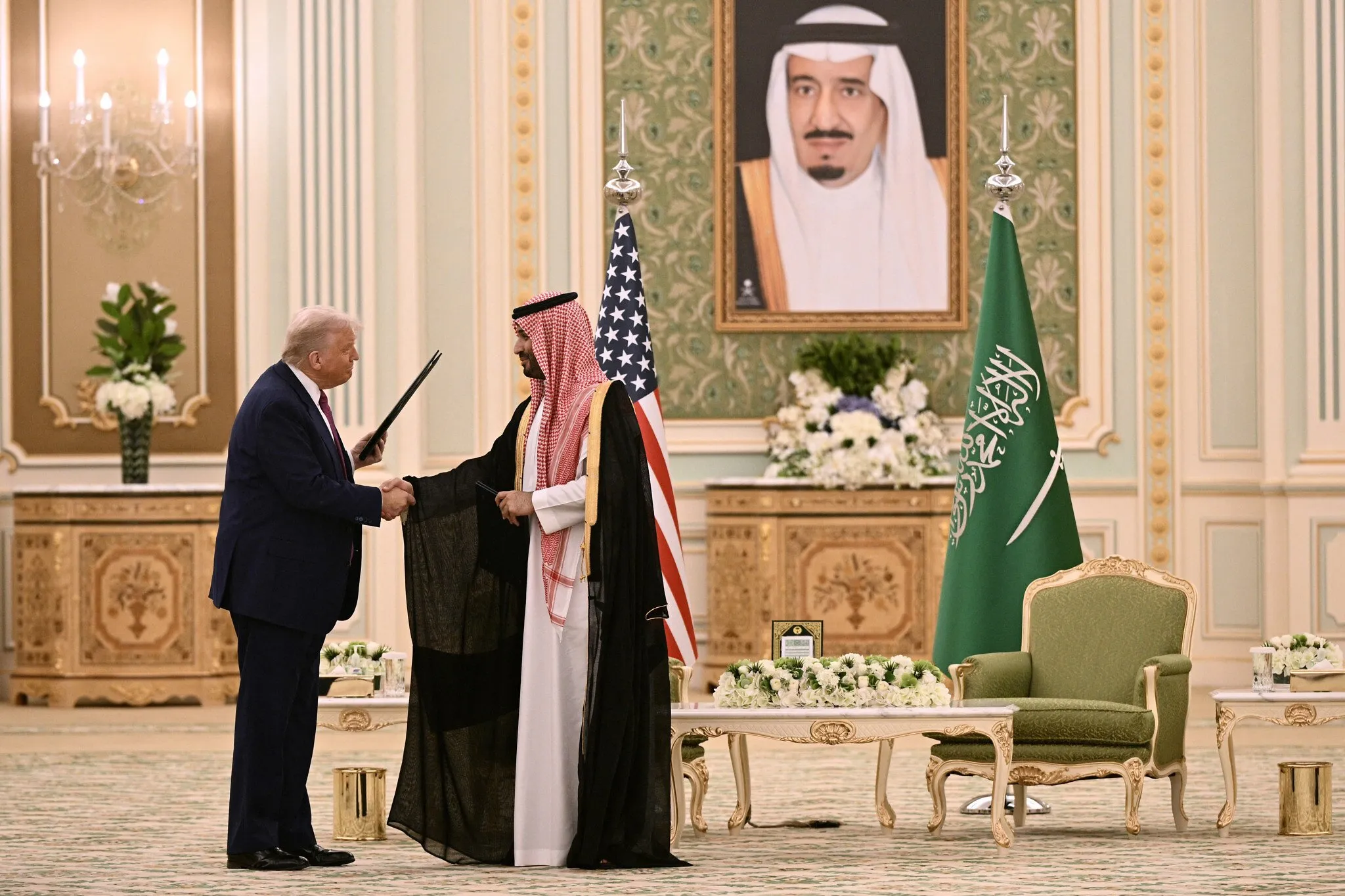The Elusive Abraham Accords: Trump’s Vision for Saudi-Israeli Normalization
The Abraham Accords, heralded as a significant step towards peace in the Middle East, marked the normalization of relations between Israel and several Arab nations, including the United Arab Emirates and Bahrain. Former President Donald Trump, a key architect of these accords, has expressed his hopes that Saudi Arabia will eventually join this alliance. However, the trajectory of these prospects remains uncertain as geopolitical dynamics continue to evolve.
Trump’s Aspirations for Saudi Arabia
In multiple interviews and public appearances, Trump has underscored that it is his ‘dream’ for Saudi Arabia to enter the Abraham Accords. He believes that normalizing relations between Saudi Arabia and Israel could have profound implications for stability in the region. However, he acknowledges that such a decision would depend not only on U.S. diplomacy but also on the internal and external pressures faced by the Saudi monarchy.
The significance of Saudi Arabia’s involvement cannot be understated. As the custodian of Islam’s two holiest sites and a leading Arab nation, Saudi Arabia’s acceptance of Israel would likely catalyze other nations in the region to reconsider their own stances. Trump has stated, “Saudi Arabia will do it at their own time,” hinting at a wait-and-see approach amidst a backdrop of shifting alliances in the Middle East.
The Complexities of U.S.-Saudi Relations
Trump’s earlier visit to Saudi Arabia in 2017 marked a pivotal moment in U.S.-Saudi relations. It signaled a strategic partnership with the kingdom that encompassed cooperation on various fronts, including economic, military, and political. This relationship, however, is fraught with complexities, particularly as the Biden administration has taken a more critical stance towards Saudi Arabia over human rights concerns and its involvement in the Yemen conflict.
The prospect of Saudi Arabia entering the Abraham Accords poses a number of challenges. The kingdom has historically adhered to the Arab Peace Initiative, which conditions normalization with Israel on the establishment of an independent Palestinian state. This deeply-rooted position raises questions about how Saudi Arabia can reconcile this stance with potential diplomatic overtures towards Israel.
Prospects of a $1 Trillion Bonanza
As Trump pursues the idea of Saudi-Israeli normalization, he also aims for what he describes as a $1 trillion bonanza—an economic partnership that could lead to enhanced trade relations, investments, and advancements in technology between the U.S., Saudi Arabia, and Israel. Trump views this financial incentive as a critical tool to sweeten the deal for the Saudi monarchy and create a more conducive environment for diplomacy.
Nevertheless, realizing such a grand economic vision amid regional instability and rising tensions poses a formidable challenge. Factors such as Iran’s influence in the region, ongoing conflicts in Syria and Yemen, and economic pressures from fluctuating oil prices complicate the feasibility of these collaborative efforts.
The Possibility of U.S. Nuclear Cooperation
In light of Trump’s commitment to foster deeper ties with Saudi Arabia, there are conversations around potential U.S. nuclear cooperation with the kingdom. Such a collaboration could grant Saudi Arabia access to advanced nuclear technology, ostensibly for civilian energy purposes. However, the international community remains wary, given fears about nuclear proliferation and the impact it could have on regional stability.
Critics of the U.S. nuclear cooperation proposal argue that it may embolden Saudi Arabia’s nuclear ambitions and provoke a nuclear arms race in the Middle East, particularly with Iran as a competitor. The administration would need to navigate these entwined issues delicately, balancing strategic interests with global non-proliferation obligations.
Domestic Implications in Saudi Arabia
The prospect of Saudi-Israeli normalization is not just an international issue but also a domestic one for the Saudi monarchy. There is significant internal opposition to overt ties with Israel among certain segments of the population, who view the Palestinian cause as paramount.
The Saudi leadership faces the challenge of maintaining domestic support while pursuing foreign policy goals that could be seen as compromising national identity and Islamic values. The monarchy has historically relied on religious legitimacy, and any move to normalize relations with Israel would necessitate careful framing to ensure it does not provoke backlash from conservative factions within the kingdom.
The Role of Regional Powers
The involvement of other regional powers cannot be overlooked in the conversation about Saudi Arabia’s potential normalization with Israel. Nations like Iran, Turkey, and Qatar have vested interests in shaping the dynamics of Middle Eastern geopolitics. Iran, in particular, would view Saudi-Israeli normalization as a direct threat, further straining its relationships in the region.
Furthermore, the ongoing conflict with Yemen remains a significant barrier to any potential rapprochement. Saudi Arabia’s military actions there have drawn international condemnation and complicated its diplomatic endeavors. The longer these conflicts continue, the more challenging it becomes for Saudi Arabia to pivot towards Israel without significant blowback.
Conclusion: A Future of Possibilities
In conclusion, while Donald Trump hopes to see Saudi Arabia join the Abraham Accords, the path is fraught with challenges and uncertainties. The normalization of relations between Saudi Arabia and Israel would require navigating complex domestic and international landscapes. The unfolding dynamics of U.S.-Saudi relations will play a crucial role in shaping future possibilities.
As prospects for peace continue to evolve in the Middle East, the interplay of economic incentives, military cooperation, and public sentiment will ultimately dictate the extent to which Saudi Arabia may realign its diplomatic posture towards Israel. The vision of a peaceful, cooperative Middle East remains an elusive but tantalizing dream, one that will require nuanced diplomacy and strategic foresight to realize.







